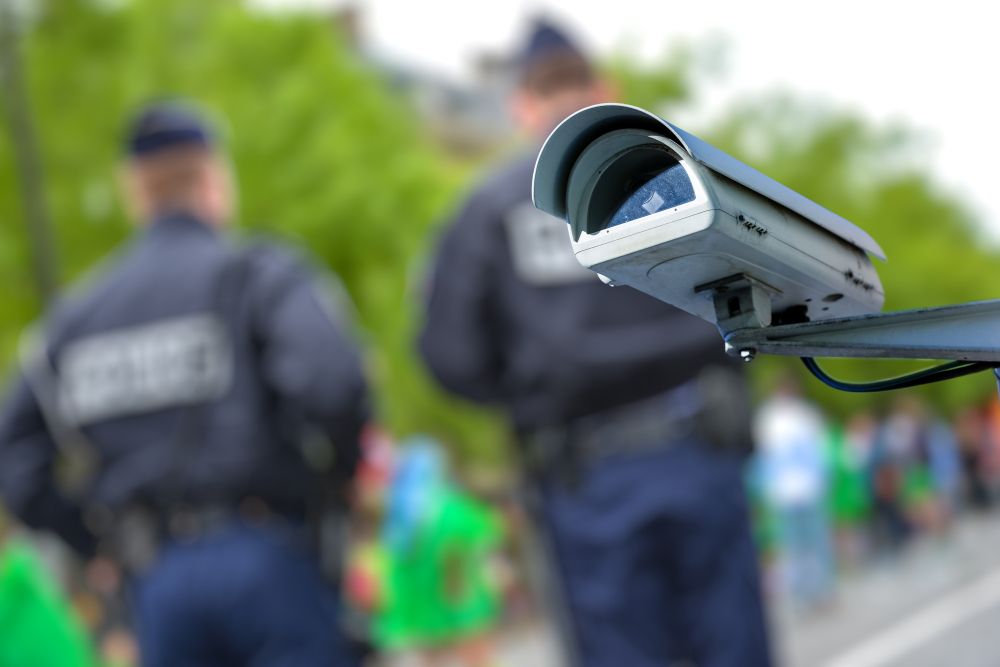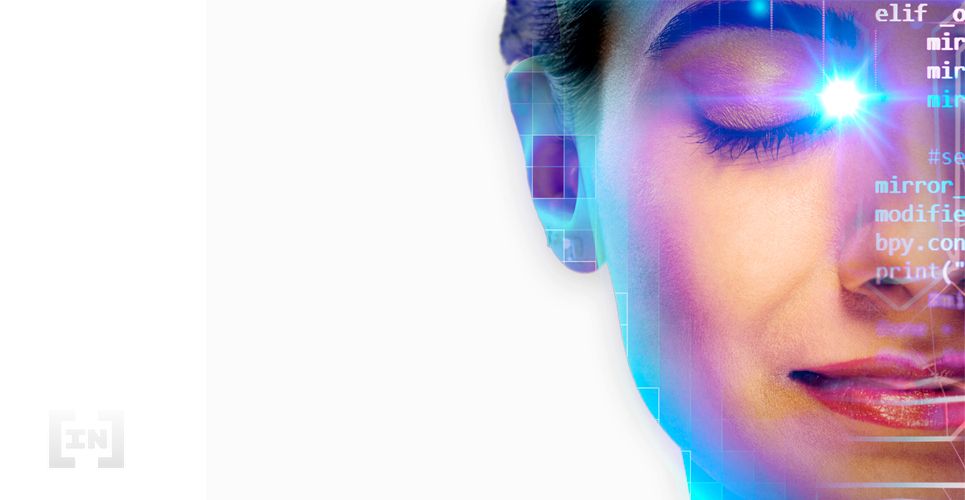Taking lessons from China, India will soon be expanding its surveillance state. Prime Minister Narendra Modi plans to open bids on the new, centralized system next month which aims to be among the world’s largest facial recognition systems.
It seems that India is taking all the wrong lessons from China. The state is planning on creating a centralized ‘surveillance network‘ which will capture data from surveillance cameras across India.

India Beefing Up Surveillance
The news of the facial recognition system has shocked privacy advocates, with fears that India might descend into an Orwellian-style state as a result. These same criticisms have been levied at China many times, which currently utilizes a ‘Social Credit System’ and is in the process of further integrating facial recognition into its surveillance. Bids for who will be building the program will go live next month, according to Prime Minister Modi. The move is ringing alarm bells due to the fact that the country has shut down the internet for seven weeks in Kashmir, a virtual no-go zone with certain war hawks in the Indian government pushing to annex the region entirely.Govt will open bids next month to build a system to centralise facial recognition data from surveillance cameras https://t.co/3c6XeiUXM9
— Economic Times (@EconomicTimes) September 20, 2019
Supports Call It ‘Necessary for Police’
However, the government is putting a positive spin on the expanding surveillance state. It claims that the police force is understaffed and that facial recognition technology would help thwart crime like never before. Facial recognition would be linked up to passwords and fingerprints to easily identify criminals, missing people, and dead bodies. It would also effectively track the movements of everyday people, a little detail seldom brought up by the government. Although India is years from ever establishing such a system, the implications of the idea are nonetheless deeply troubling. With no safeguards, one could easily imagine such systems devolving into the monitoring of political opponents and marginalized groups. Given India’s large Christian and Muslim populations, this is a pressing concern which could further isolate them in a country increasingly growing hostile to those not included in Hindutva. It’s difficult to say now when this surveillance program will go into construction, but we can expect some more concrete details as the bidding on the project begins next month.
Is the world moving towards more surveillance? Let us know your thoughts on this worrying trend in the comments below.
It’s difficult to say now when this surveillance program will go into construction, but we can expect some more concrete details as the bidding on the project begins next month.
Is the world moving towards more surveillance? Let us know your thoughts on this worrying trend in the comments below.
Images courtesy of Shutterstock, Twitter.
Top crypto platforms in the US
Disclaimer
In adherence to the Trust Project guidelines, BeInCrypto is committed to unbiased, transparent reporting. This news article aims to provide accurate, timely information. However, readers are advised to verify facts independently and consult with a professional before making any decisions based on this content. Please note that our Terms and Conditions, Privacy Policy, and Disclaimers have been updated.

BeInCrypto Editorial Team
Our editorial team includes financial journalists, blockchain analysts, and crypto investors who bring years of hands-on experience navigating and reporting on decentralized technologies. Every piece undergoes rigorous fact-checking and editorial review to ensure accuracy and insight.Our mission is to cut through the hype and deliver reliable, actionable insights for everyone from seasoned traders to crypto newcomers.Our content has been cited by major financial publications and is trusted...
Our editorial team includes financial journalists, blockchain analysts, and crypto investors who bring years of hands-on experience navigating and reporting on decentralized technologies. Every piece undergoes rigorous fact-checking and editorial review to ensure accuracy and insight.Our mission is to cut through the hype and deliver reliable, actionable insights for everyone from seasoned traders to crypto newcomers.Our content has been cited by major financial publications and is trusted...
READ FULL BIO
Sponsored
Sponsored
